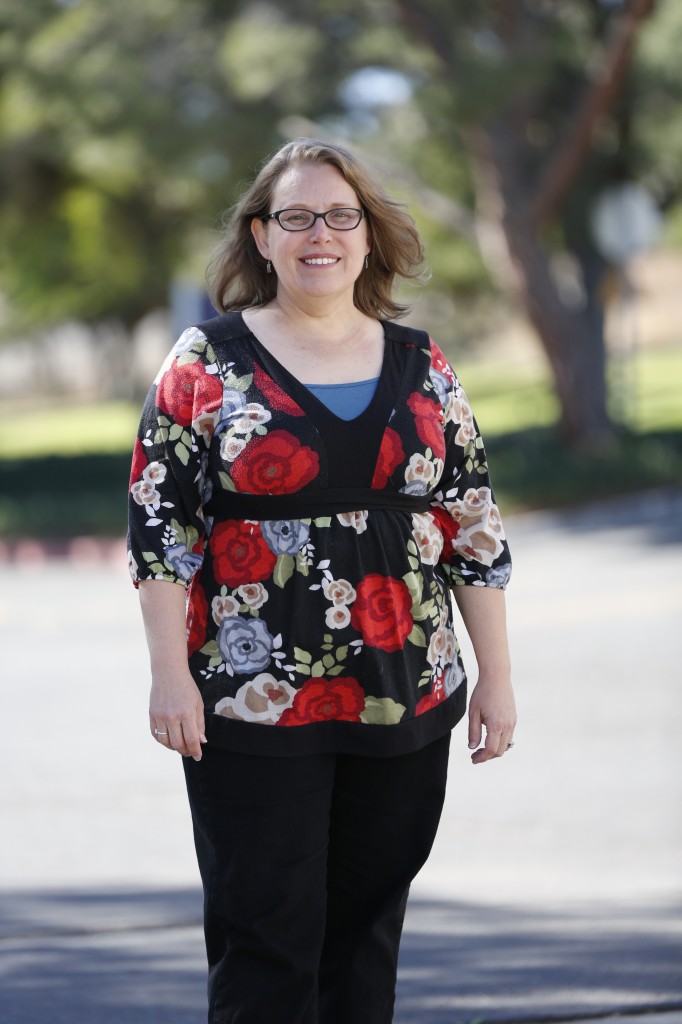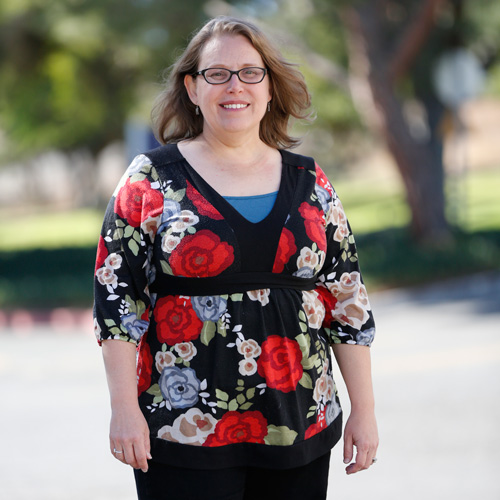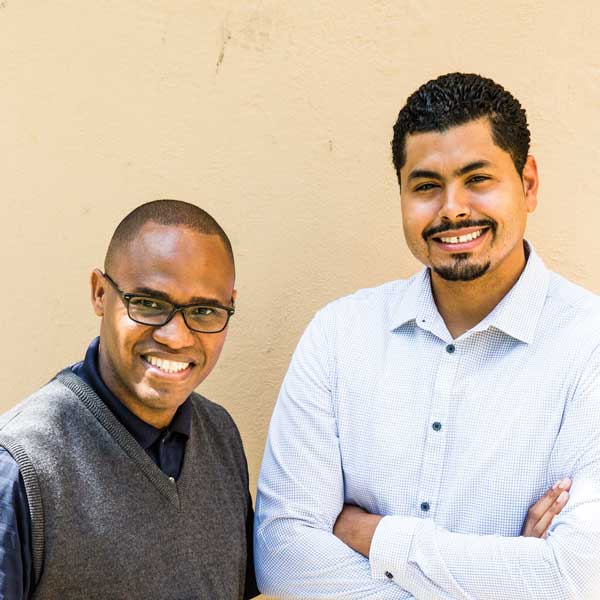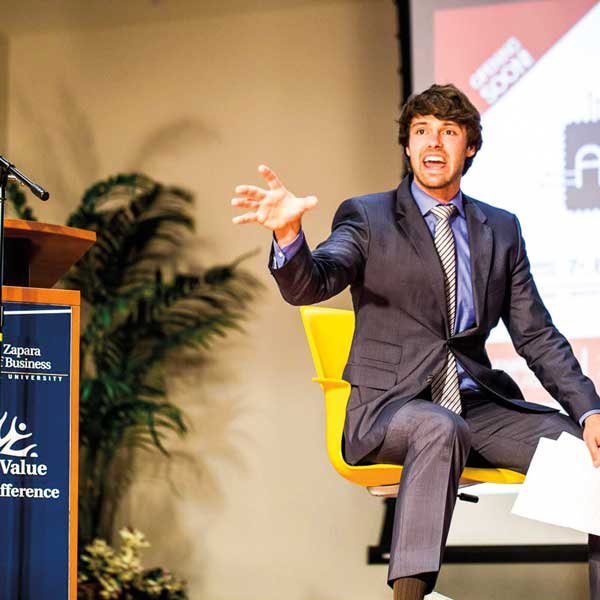 Neuroscience professor Suzanne Mallery thrives on mixing it up. She has academic degrees in microbiology, theology, and psychology, a working knowledge of nine languages, and active areas of interest that include peacemaking and conflict resolution.
Neuroscience professor Suzanne Mallery thrives on mixing it up. She has academic degrees in microbiology, theology, and psychology, a working knowledge of nine languages, and active areas of interest that include peacemaking and conflict resolution.
“The most challenging and interesting problems today are those that are solved by interdisciplinary approaches,” she says. “These are issues like terrorism, climate change, and negotiating peaceful and creative solutions to conflicts.”
It should be no surprise that Mallery helped introduce the new program in neuroscience—a discipline that draws from biology, psychology, and chemistry. This winter quarter, she is teaching a class on neural networks with Professor Elvis Geneston, a physicist. And she hopes to tap into university expertise in “mathematical and computer modeling, art and creativity, literature, music and language perception, and engineering—all areas that intersect with neuroscience in interesting ways.”
From 2008–12, Mallery took a group of honors program students to Turkey every summer.
“After 9/11, I felt it was important for students to learn about and experience the lives of people in a majority Muslim culture that was politically stable and safe,” she says. The intercultural experience part of the class aimed to decrease prejudice and stereotyped thinking by creating meaningful interaction. For example, in one assignment, students explored a neighborhood to learn as much as possible about it from the perspective of the residents. “Teaching the honors classes on Turkey has affected the way I teach,” she says. “I increasingly see my role as a facilitator who sets up learning opportunities and then gets out of the way so students can experience and learn for themselves.”




